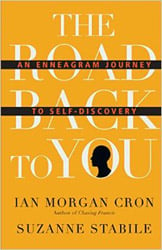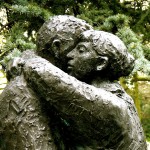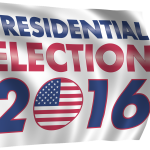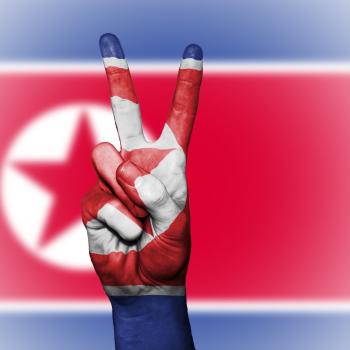For years, I’ve heard people refer to the Enneagram as a tool for self-knowledge. “He’s a two,” they’d say, or “I’m a seven,” indicating that those numbers held the secrets to human behavior.
I’ve tended to resist the Enneagram and other assessment tools that identify us as labels, thinking they’re too limiting. You may be an INFP in Myers-Briggs language, for instance, but can that describe the fullness of who you are?
The Road Back to You: An Enneagram Journey to Self-Discovery makes a good case, though, that the Enneagram is more than just a tool for cocktail party conversation or helping employers make hiring decisions. Rooted in ancient wisdom and spirituality, it reflects the complexity of human relationships.
Each chapter describes one of the nine Enneagram types, with questions that help you determine which type you may be. This is more complicated than you might think, especially because every Enneagram number is related to its “wings,” the numbers on either side of it, and to its stress and security numbers—the types we default to under different circumstances.
This would be heady reading if it weren’t for the personal stories and welcome doses of humor from authors Ian Morgan Cron and Suzanne Stabile.
They give us digestible summaries of those more intricate points and describe each number from so many different angles that you can find your type (and its near relatives) without too much trouble.
It’s reassuring—and even a bit spooky—to see your personality (and your spouse’s) so aptly explained on paper. I think we all have a tendency to believe that other people see the world the same way we do (or maybe that’s just the nine in me talking….hmmm, or maybe I’m a two).
This book is a helpful reminder that we don’t all see through the same lens. There is no “right” or “better” personality type.
But when I can see my husband’s Spock-like logic explained as a five (or is he a six?), I can see the strengths and weaknesses of that type along with my own, why our types complement each other, and why we he puts his shoes in exactly the same spot every night, while mine could be under my desk, next to the bed or anywhere in between.
The Road Back to You reminds me that there’s nothing wrong with either of us. We just need to understand each other better.
That, to me, is the greatest value of the Enneagram—and this book’s approach. It gives us a tool to see beyond our differences with others so we can understand their particular perspective on the world.
For instance, it helped me understand why Donald Trump resonates with so many people when the world is full of sixes, who see the world through fearful eyes.
And it explains why Hillary Clinton is so mistrusted, since her one-like tendencies keep her emotions buried behind what’s seen as an inauthentic smile.
The book is an excellent introduction to a topic that could take years—even a lifetime—to fully understand and master. But if you want a snapshot of your own guidance system—and a tool for understanding others—The Road Back to You is just your type.
Debra Engle is the author of The Only Little Prayer You Need and Let Your Spirit Guides Speak. You can find her on Facebook and at debraengle.com.

















